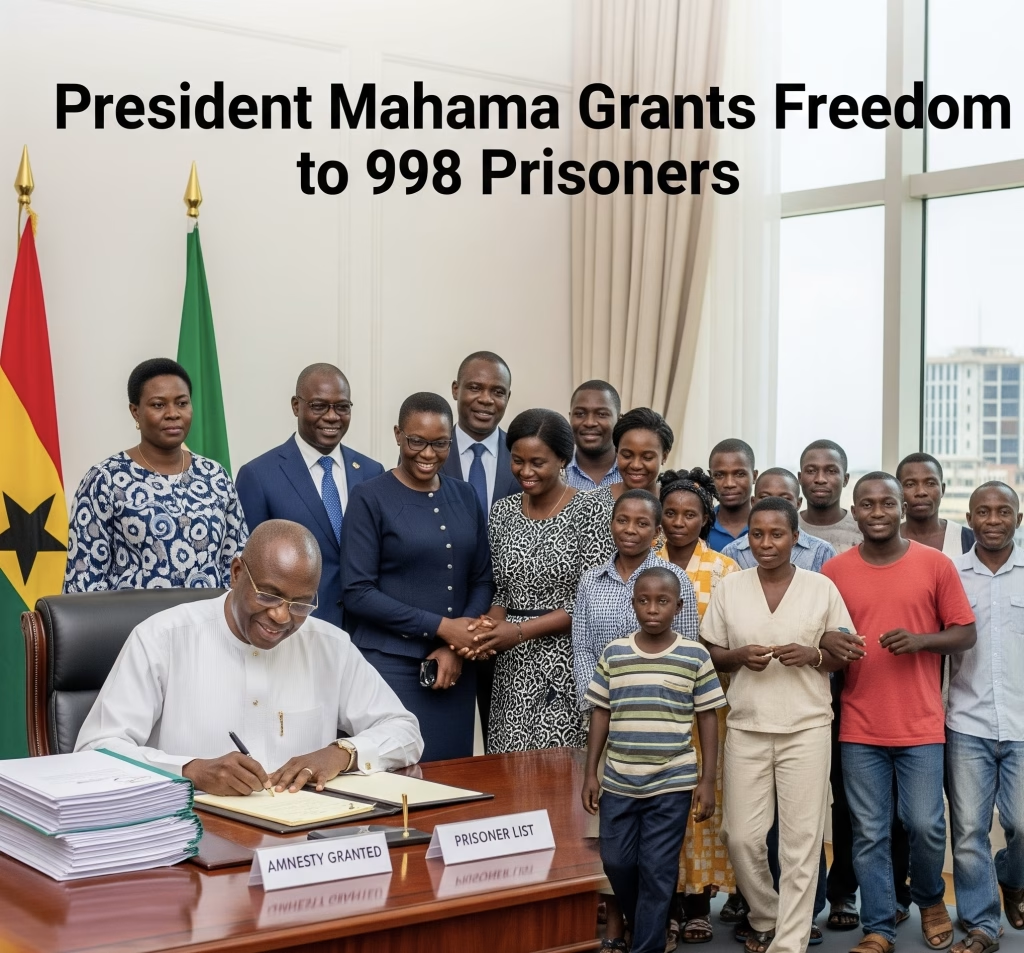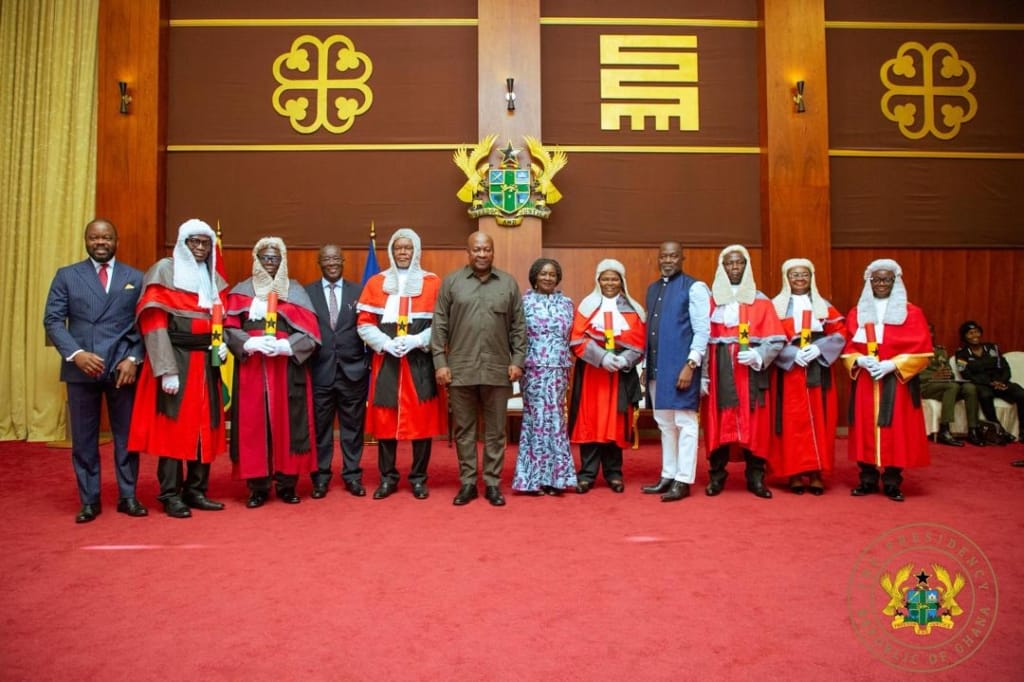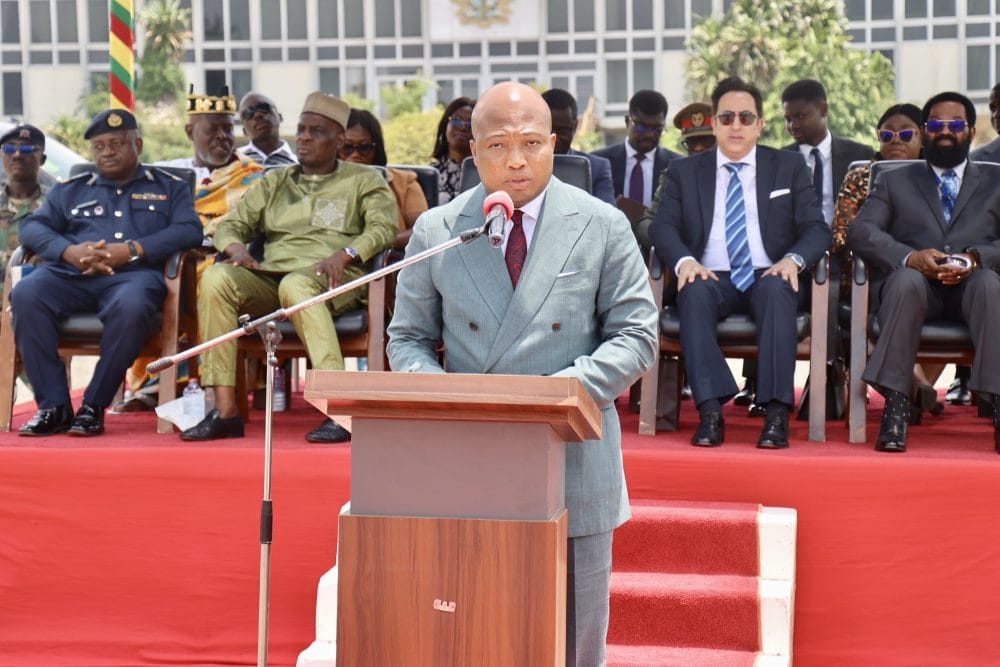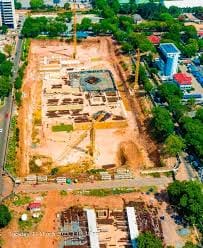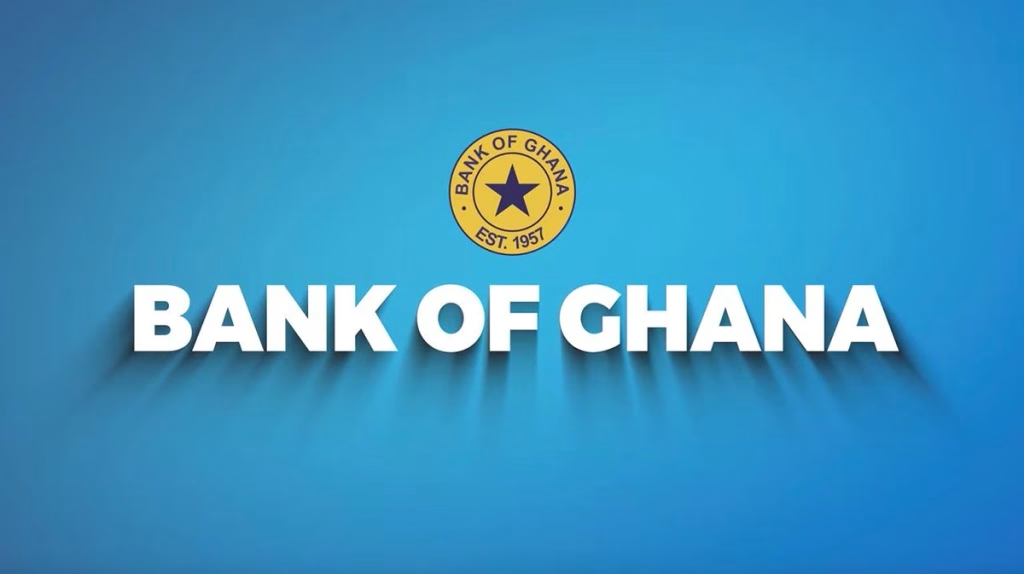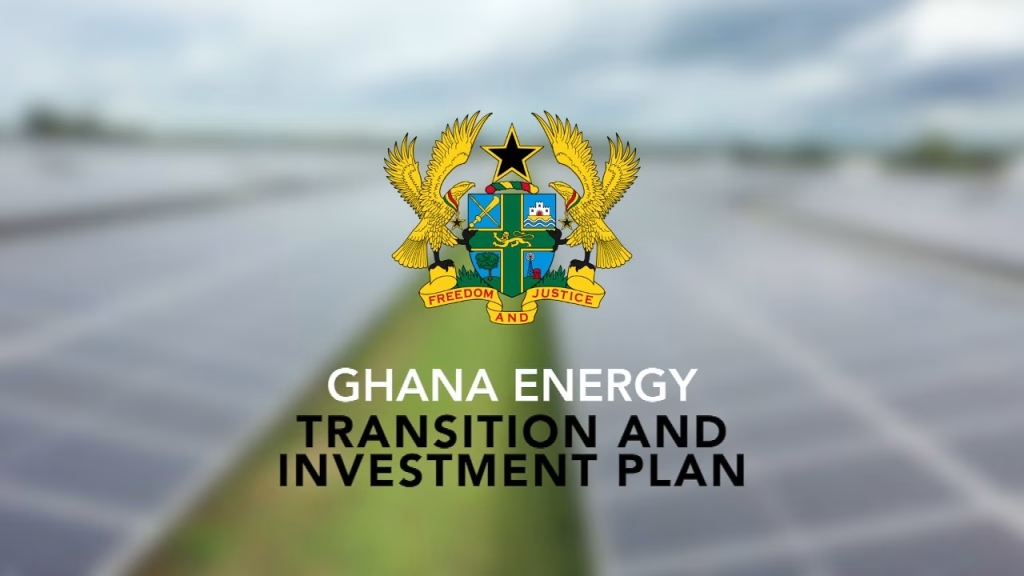Presidential Amnesty: President Mahama Grants Freedom to 998 Prisoners
Accra, August 18, 2025 – In a significant humanitarian gesture, President John Dramani Mahama has granted presidential amnesty to 998 prisoners across the country. The decision follows recommendations by the Prisons Service Council and consultations with the Council of State, in line with Article 72(1) of the 1992 Constitution of Ghana.
The Constitution empowers the President to grant pardons, respites, or amnesty to convicts in consultation with key state institutions. This move, according to government officials, seeks to decongest prisons, uphold human dignity, and offer deserving inmates a second chance at life.
Categories of Beneficiaries
Out of a total of 1,014 inmates recommended, 998 prisoners have been granted amnesty. The categories of convicts released or whose sentences were commuted are as follows:
- First-time offenders – 787 inmates received amnesty, making up the largest group of beneficiaries.
- Death sentences commuted to life imprisonment – 87 prisoners will no longer face execution but instead serve life sentences.
- Life sentences commuted to 20 years definite term – 51 inmates had their sentences reduced.
- Seriously ill prisoners – 33 convicts battling critical health conditions were freed.
- Prisoners over 70 years of age – 36 elderly inmates were released irrespective of their offences.
- Nursing mothers – 2 women who are primary caregivers were granted amnesty.
- Special petitions considered – 2 convicts were pardoned following successful appeals.
A Humanitarian and Strategic Move
Speaking on behalf of the Presidency, Felix Kwakye Ofosu, MP and Spokesperson to the President, emphasized that the amnesty was not only an act of compassion but also a strategic step to reduce overcrowding in Ghana’s prisons. With many facilities holding more inmates than their intended capacity, such relief measures help maintain better prison management while upholding human rights.
The inclusion of vulnerable groups such as the seriously ill, elderly inmates, and nursing mothers highlights the administration’s sensitivity towards humanitarian concerns. Furthermore, the commutation of death sentences reflects Ghana’s ongoing dialogue around capital punishment and human rights reform.
Wider Implications
Prison amnesties are often granted during significant national moments or as part of broader justice reforms. This particular exercise underscores the President’s commitment to justice, compassion, and social reintegration. It also offers hope for reformed inmates to rebuild their lives, reunite with their families, and contribute positively to society.
As Ghana continues to balance law enforcement with rehabilitation and reintegration, such initiatives are expected to spark debate on criminal justice reforms, including the relevance of capital punishment, rehabilitation programs, and reintegration support for ex-convicts.
Key Takeaway: President John Mahama’s decision to free 998 prisoners serves as both a relief to the nation’s congested prisons and a humanitarian gesture that emphasizes compassion, justice, and second chances.

